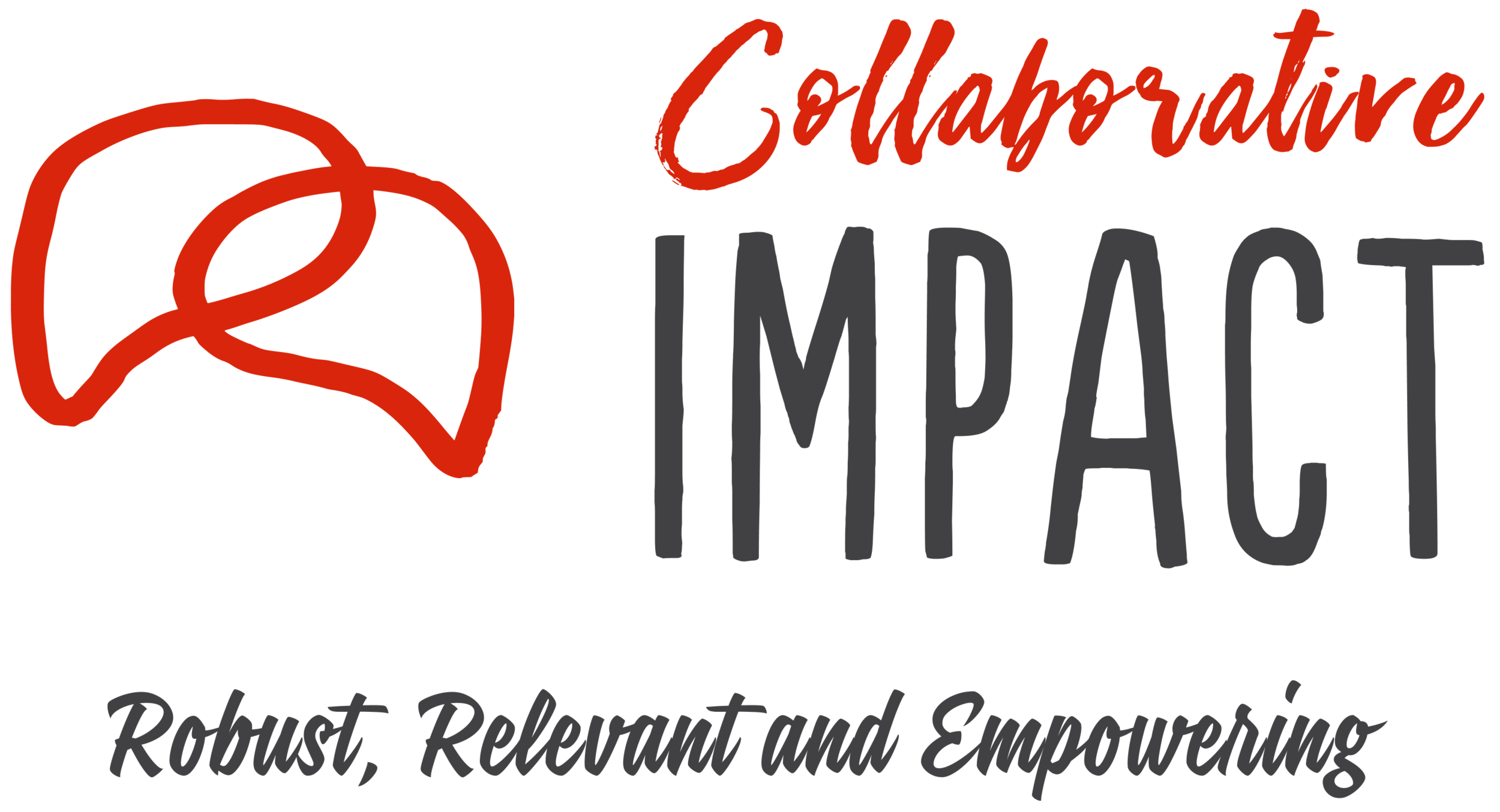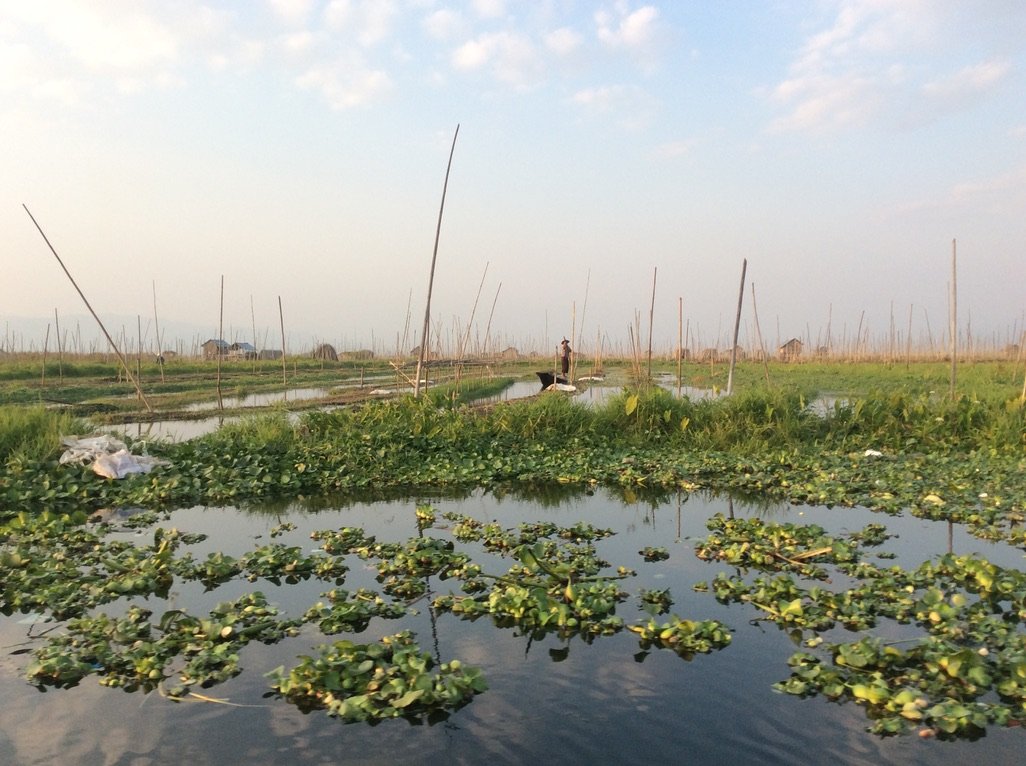TOWARDS A JOINT 2030 PLAN FOR WORLD-TRANSFORMING AGRICULTURAL RESEARCH AND INNOVATION
Developing a unified ‘One CGIAR’ vision and architecture to revolutionalise food, land, and water systems amidst climate crisis
Client
Consultative Group on International Agricultural Research (CGIAR)
Period
2019 - 2020
Services
Innovation Capacity,
Partnership
Locations
Global
Areas
Research to Policy and Practice, Sustainable Agriculture & Food,
Climate Resilience
This work involved a concerted effort of a consortium team put together and led by Collaborative Impact to assist CGIAR in developing a vision, architecture and transition plan towards a more integrated, unified and ambitious partnership for world-transforming agricultural research and innovation amidst a climate crisis.
The Consultative Group of International Agricultural Research (CGIAR) is an intergovernmental system organisation and global partnership of fifteen international research institutes and a wide range of bilateral and multilateral funders, dedicated to sustainable agriculture, food security, and climate resilience. With over 3,000 partners worldwide, CGIAR advances progress towards the Sustainable Development Goals (SDGs) by driving transformation in agriculture and food systems.
Acknowledging the need to modernise in the face of 21st-century challenges, CGIAR embarked in 2019-2020 on developing a vision, architecture, and strategy for a unified ‘One CGIAR’ partnership.
A CGIAR System Reference Group (SRG) comprising representatives from the System Council and Management Board was tasked with laying the groundwork and come up with a robust proposal for reducing fragmentation, fostering greater alignment and collaboration, securing and stabilising funds and investments for collective impact-focused research, and delivering on a renewed collective ambition to change the face of the world.
From April to December 2019, Collaborative Impact partnered with Matter Group to support the SRG with designing and facilitating an inclusive and participatory process, engaging key stakeholders from across the CGIAR system. The process included several workshops and parallel working groups with the SRG, as well as separate workshops with the System Management Board, the Science Leaders from all Research Centres, the Centres’ Director Generals and Deputy Director Generals, and all the IT and HR managers.
One CGIAR enables us to operate as a cohesive organisation with a single mission, seamlessly leveraging all of our capabilities and assets to deliver real benefits to people and our planet.
Collaborative Impact colleagues generated critical analytical inputs into the process, such as the external review of CGIAR’s collective programme modalities, and helped synthesize the outcomes of the process as the basis for developing the 2030 Plan. Furthermore, they deployed a change management team to help develop an initial transition framework and principles towards ‘One CGIAR’.
The co-creation process in 2019 led to the approval of a set of recommendations by the CGIAR System Council in Chengdu on 15 November 2019, laying the groundwork for the development of the 2030 One CGIAR Strategy.
Following this approval and during the subsequent planning phase led by Dalberg Consultancy, Collaborative Impact colleagues continued working to support the development of a robust, collectively-owned transition plan, MEL framework, and (internal and external) communication strategy until October 2020.




